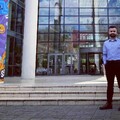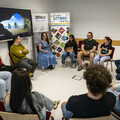Meet a passionate corpus linguist, teacher in France, writer and poet who graduated in 1996 at the University of Szeged as a Hungarian-German teacher. Her multicultural journey across six countries has shaped her innovative approach to language education and creativity. From revolutionizing teaching methods with digital tools to finding the soul of expression in poetry, this interview offers fresh insights into language, culture, and the art of learning.
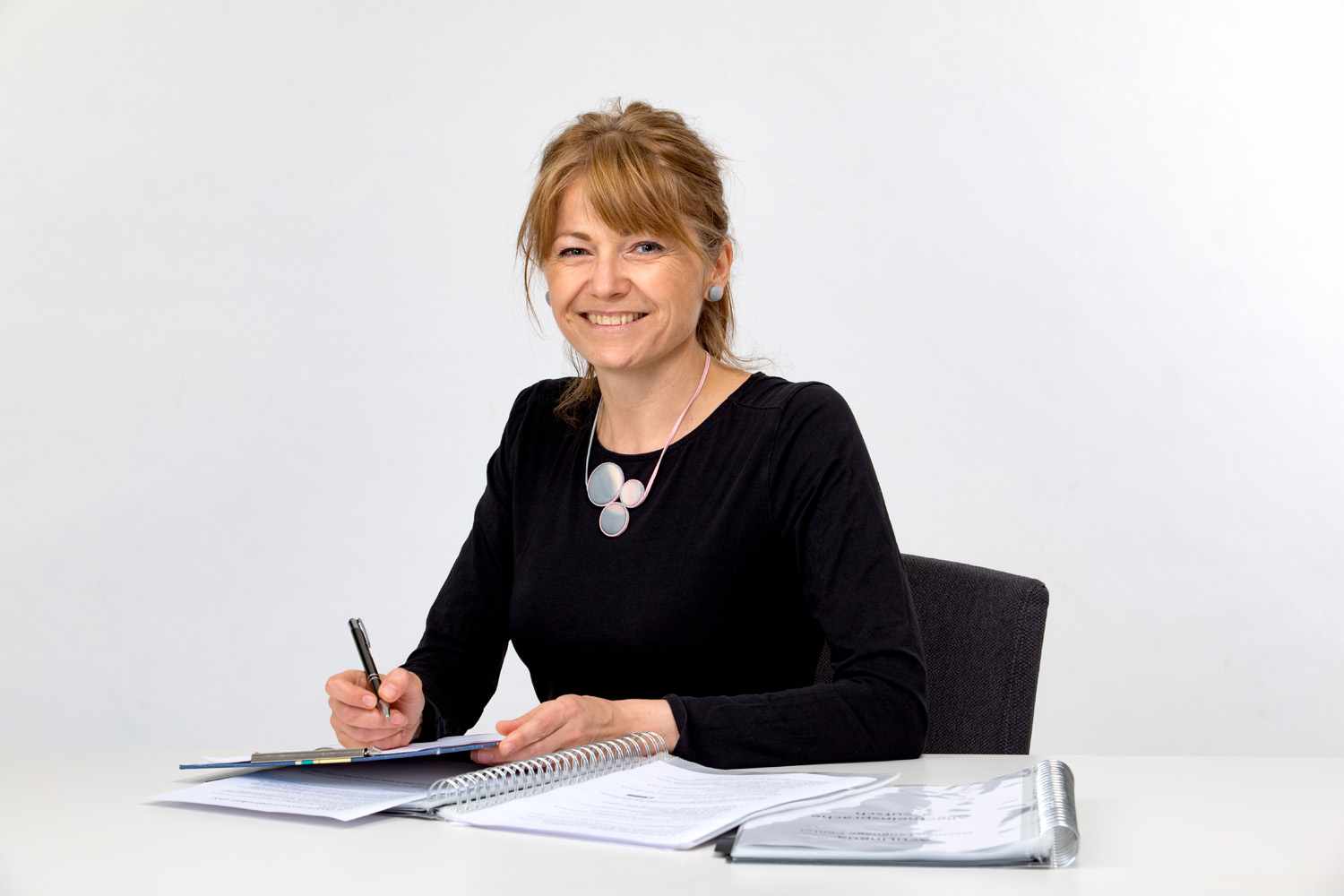
What would you highlight if you introduced yourself?
If you ask about my career, I'd say I’m a corpus linguist, language teacher, and teacher trainer. I’m passionate about effective language learning, and my interest in linguistic research stems from that.
On a more personal note, I’ve lived in six different countries, which has been incredibly enriching. Experiencing diverse multilingual and multicultural environments has significantly broadened my worldview. It’s less intimidating now to approach new languages and cultures, and I no longer feel as daunted by differences.
Can you tell us what exactly a corpus is?
 That’s a great question! I could go on for hours... In simple terms, a corpus is a collection of texts that we can analyze with digital tools. For example, Goethe's complete works form a corpus, just like all English pages on the Internet or recordings of university lectures could be considered a corpus. These collections makes it possible to learn about language use, whether it’s the language style of an individual, like Goethe, a group, like academics, or more generally, how language is used by “everyone” (Internet corpus).
That’s a great question! I could go on for hours... In simple terms, a corpus is a collection of texts that we can analyze with digital tools. For example, Goethe's complete works form a corpus, just like all English pages on the Internet or recordings of university lectures could be considered a corpus. These collections makes it possible to learn about language use, whether it’s the language style of an individual, like Goethe, a group, like academics, or more generally, how language is used by “everyone” (Internet corpus).
Corpora provide insights into real-world language use. Let’s say you’re writing a guide to academic English. You could either rely on intuition or, ideally, analyze a corpus of academic texts. The latter approach would likely result in a guide that more accurately reflects how academic language is used in practice. Corpus research helps correct common misconceptions, making language education more precise. There’s a wealth of accessible literature on this subject, and I’d encourage anyone interested to explore it. Personally, I’m focused on the pedagogical applications of corpora, as I believe they make teaching materials more effective.
What do you think about language education in Hungary and in France? Tell us about your most surprising, interesting experiences!
There are notable similarities in language learning approaches in both countries, where students often seem to succeed despite the teaching methods rather than because of them. Teaching could benefit so much from incorporating linguistic research, modern technology, and personalized approaches. Instead, outdated, often unproductive methods persist in classrooms. There’s a pressing need for innovative pedagogy that prepares students for real-life situations.
For instance, this September, I started working with refugees at the university. This has been a humbling experience where language education must be effective because it directly impacts students’ ability to integrate into French society. They need language skills to continue their studies or find jobs, so every minute counts. This situation reinforces the idea that all students deserve effective, meaningful teaching that helps them reach their goals.
When did you decide that you would like to be a teacher?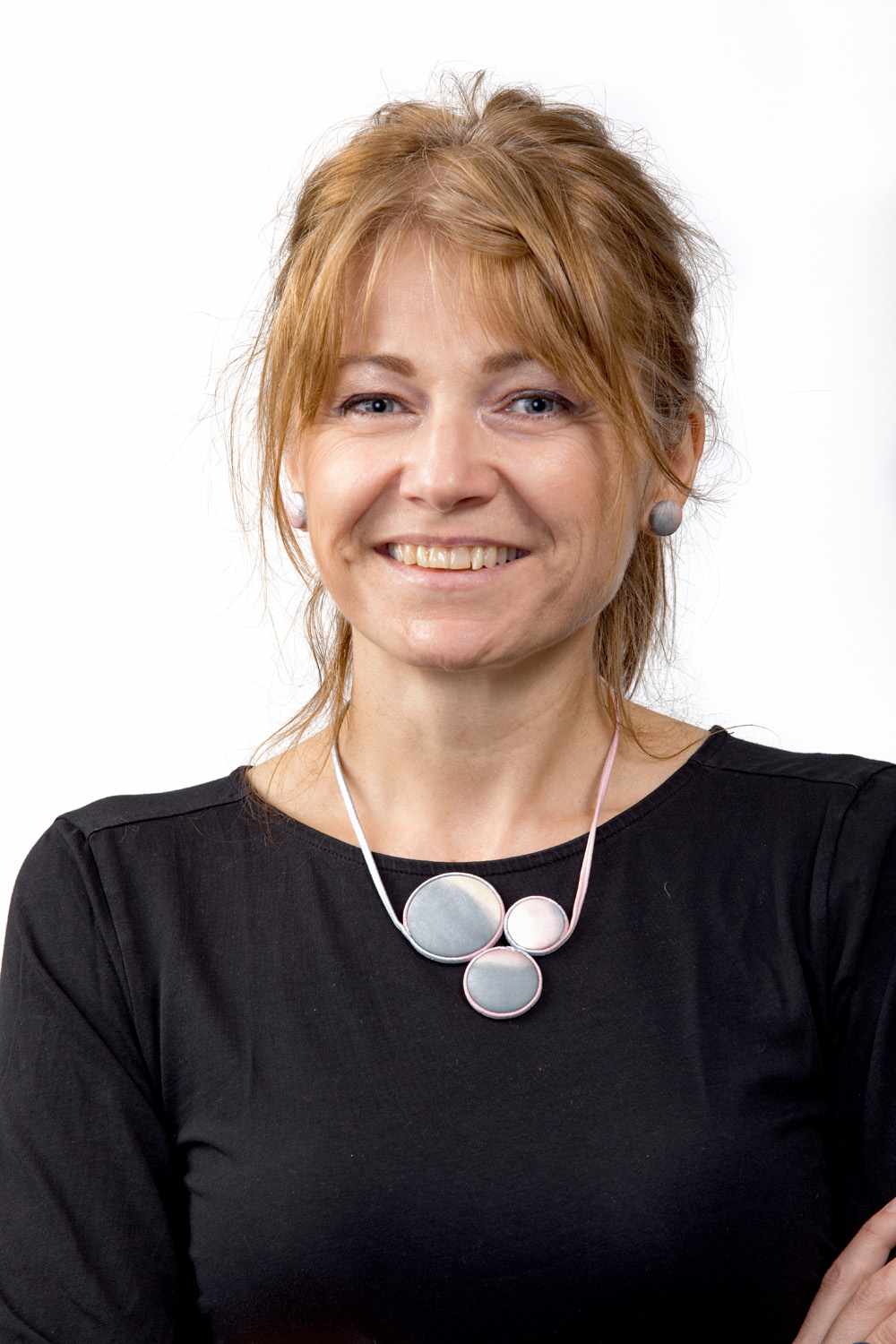
I’ve always wanted to teach. As a child, I would even explain grammar rules to my dolls! I’ve always felt the language classroom is a special place—part of real life, yet also a bit like a playground or a lab where we can safely experiment with language.
Can you tell us about your university years? What were your best experiences?
I was the first in my family to attend university, and my family placed a lot of pressure on me. I felt I couldn’t let them down, so I always maintained high grades for their sake. At the same time, I was deeply curious about literature, reading everything I could find. I cherished exam periods because they gave me more time to read. I loved late-night discussions with fellow students, watching the sunrise by the Tisza, and my attempts at writing poetry.
You are not only a writer, but also a poet. Why did you choose poetry as a form of expression? Do you have a favorite poetry?
I’ve always loved poetry because it allows so much freedom in interpretation. Good poetry is, to me, the shortest route to the human soul. I’m fortunate to appreciate poetry in multiple languages. I’ve published two poetry books and recently finished a third. I also co-founded a multilingual poetry club with a student, Kreshnik Hoti, as we wanted a space to share our love of poetry and inspire creativity. Through my students, I’ve discovered Oriental and African poetry, and the club has become a treasured part of my life.
Do you have a favorite quote from your new book?
My favourite quote comes from the late Michael Hoey, a great British linguist and an inspiring person. In his book on Lexical priming, he evokes his own unsuccessful language learning experiences. I simply love his truly British way of saying that classroom language often has nothing to do with real language use and can therefore hinder progress in the target language. He uses the word 'priming' to indicate that every word is primed ("predestinated") for the use of certain other words, in certain context. Unnatural-sounding course book texts do not promote helpful priming to take place. He says:
“At best, unhelpful primings will result in cracks in the priming when the learner encounters authentic instances of the language away from the teaching context. This may lead to insecurity or distrust of the value of what has been learned in the classroom. At worst, it may inhibit the development of helpful primings and stunt language growth.”
Hoey (2005, p. 186)
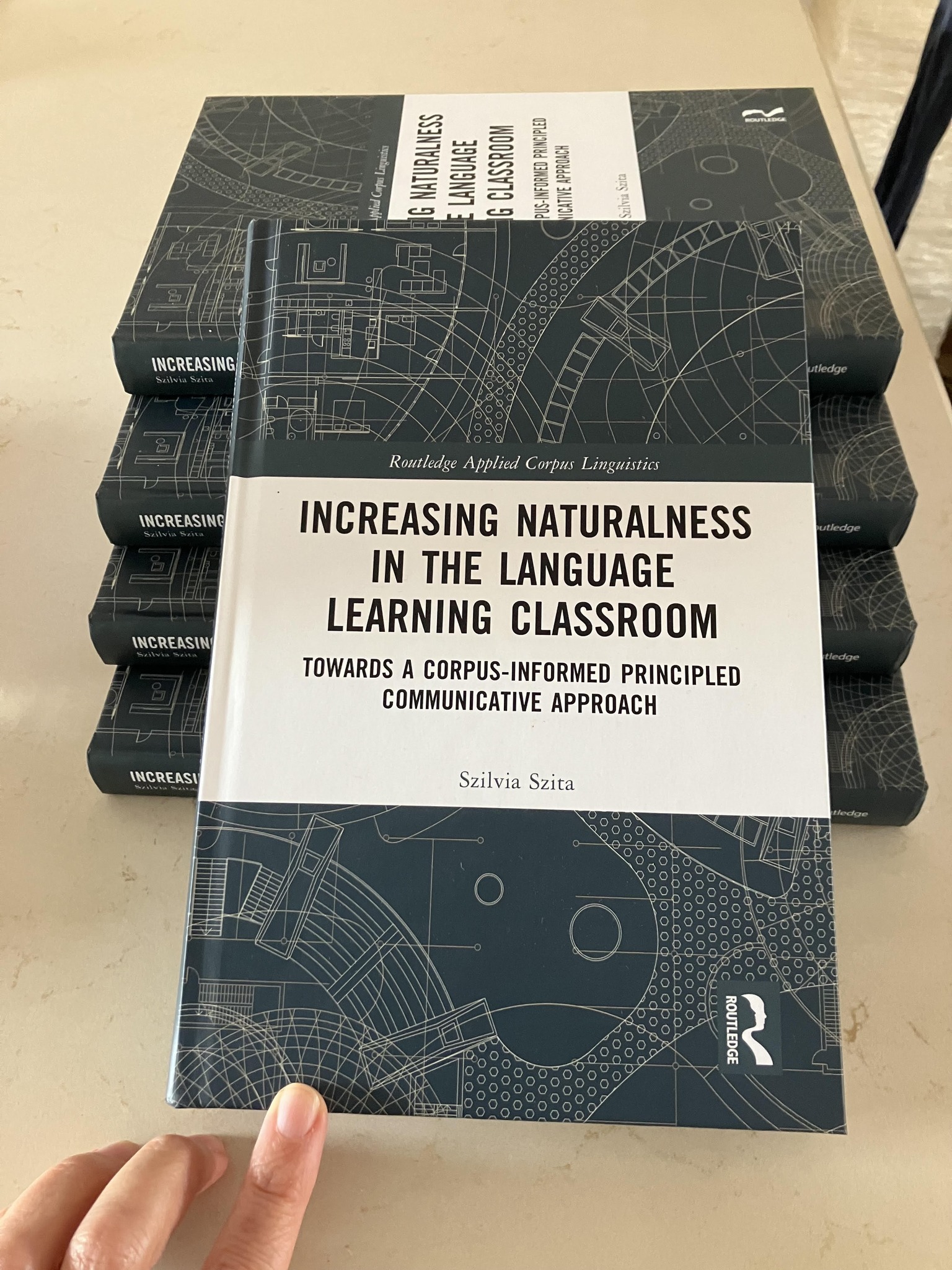 By the way, the book Increasing naturalness in the language learning classroom is also a tribute to the work of Zoltán Dörnyei. His research on motivation and his proposition of a Principled Communicative Approach (Dörnyei, 2009) as well as his deeply humanist approach to language learning have had a deep impact on my view of my profession and on understanding my students.
By the way, the book Increasing naturalness in the language learning classroom is also a tribute to the work of Zoltán Dörnyei. His research on motivation and his proposition of a Principled Communicative Approach (Dörnyei, 2009) as well as his deeply humanist approach to language learning have had a deep impact on my view of my profession and on understanding my students.
What are the differences and similarities between living in France and living in Hungary? What things did you find the most interesting or shocking there?
Hungary is my childhood, my friends, my mother tongue. This is the language I speak best, the culture I know most.
I am 52 years old now and have been living abroad in the last 26 years, which is exactly the half of my life. Before coming to France 4 years ago, I lived in the US, Great Britain and The Netherlands with my French husband. France feels very familiar to me as we have never broken the contact to this country. I find it very easy to relate to the French, I feel I know most of the cultural and linguistic codes of this country and I can relate to them. It is also important to me that Strasbourg, the city I live in, is multilingual and multicultural. I could not imagine my life in a place that is homogeneous in its culture and language use, and that would not allow me to live with several languages and cultures.
Interviewer: Patrik Csercsics
Photos: Szilvia Szita
A bejegyzés trackback címe:
Kommentek:
A hozzászólások a vonatkozó jogszabályok értelmében felhasználói tartalomnak minősülnek, értük a szolgáltatás technikai üzemeltetője semmilyen felelősséget nem vállal, azokat nem ellenőrzi. Kifogás esetén forduljon a blog szerkesztőjéhez. Részletek a Felhasználási feltételekben és az adatvédelmi tájékoztatóban.

